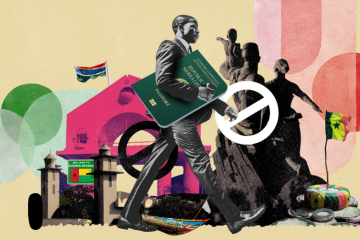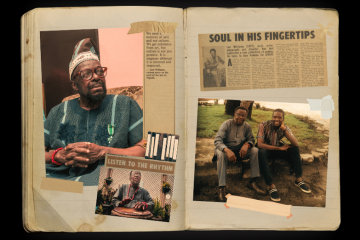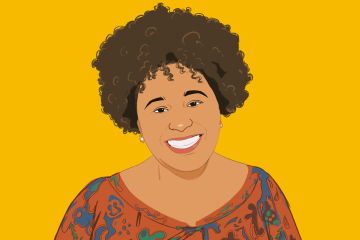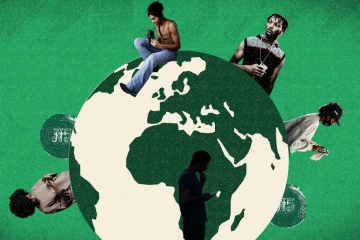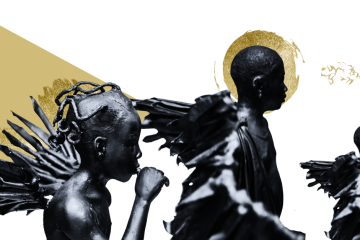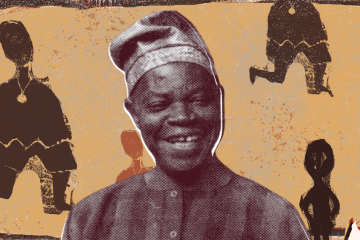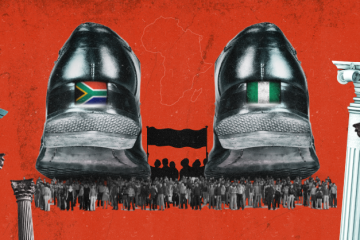Nigeria: News, Stories and Analysis.
In Nigeria, to Err Is Human, Unless You Are Poor or a Woman
Untruth, injustice and the Nigerian way. A lesson in the difference between a ‘human’ connected Nigerian man and the everyday Nigerian/woman as reflected in the Ibom Air and Comfort Emmanson debacle. Read More...




